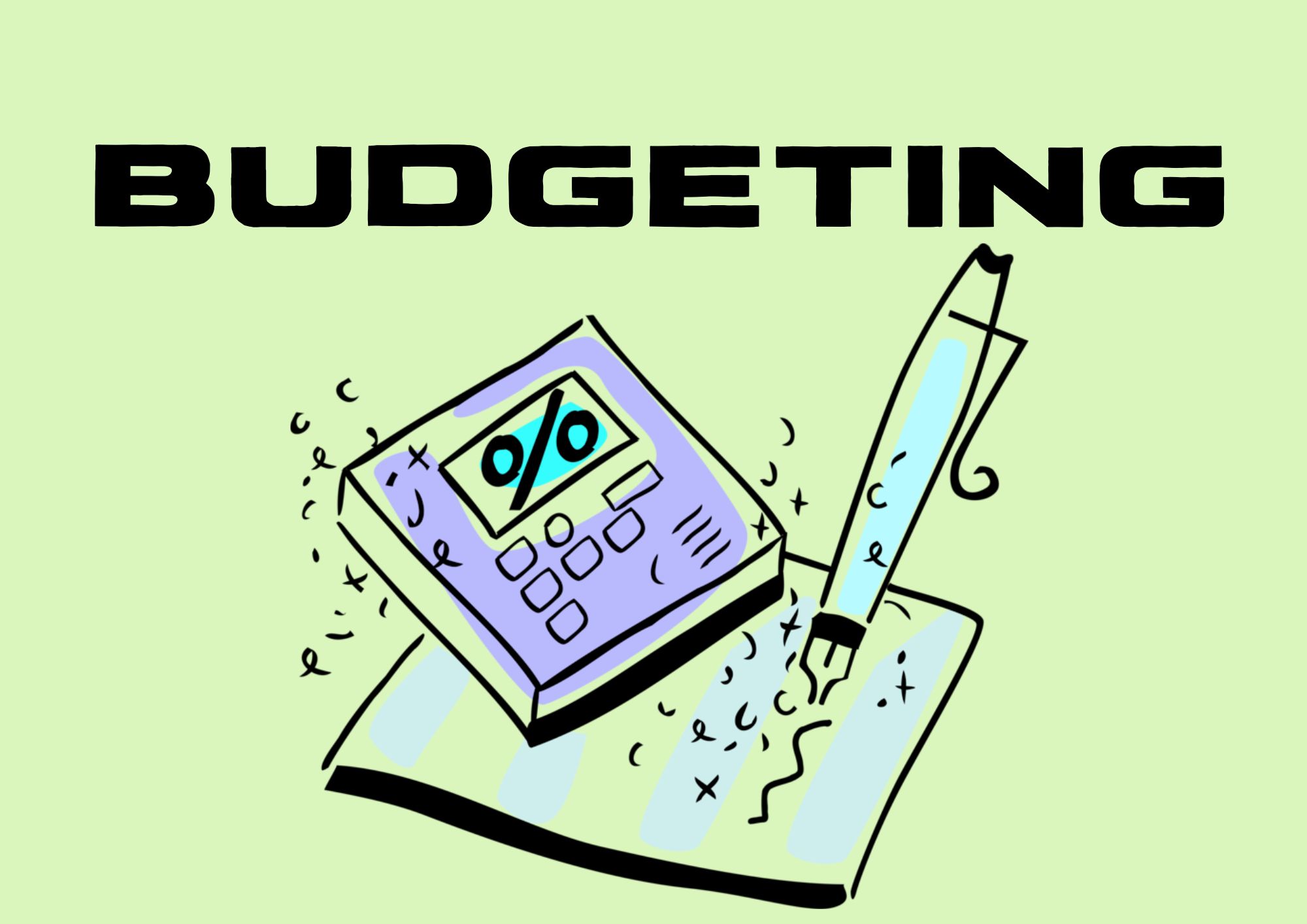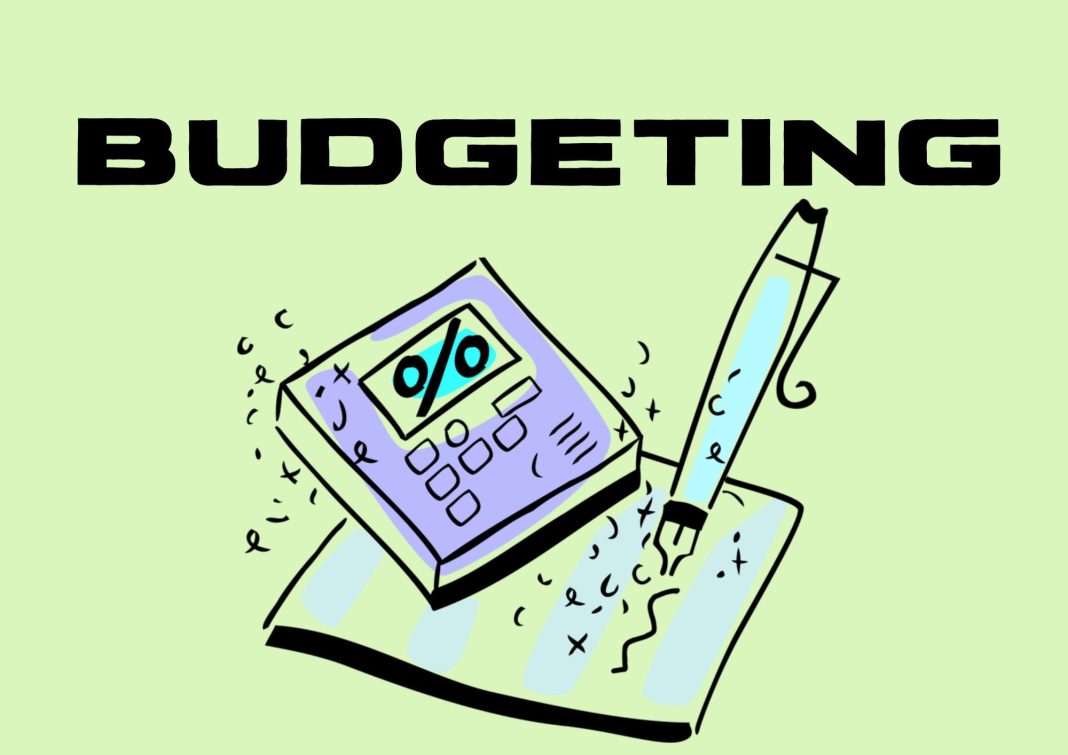 15 Ways Minimalism Can Streamline Your Financial Life and Save You Tons of Money
15 Ways Minimalism Can Streamline Your Financial Life and Save You Tons of Money
Introduction:
Advertising is ubiquitous in our daily lives, bombarding us with messages that pressure us to buy. With the average person seeing about 5,000 ads per day and 5.3 trillion display ads online each year, it’s no wonder we accumulate so much stuff. Minimalism offers a solution to this cluttered and financially strained lifestyle. It goes beyond having an Instagram-worthy space and extends to all aspects of life, including finances. By embracing minimalism, you can simplify your life, reduce stress, and gain more financial freedom. Here are 15 ways minimalism can streamline your financial life and save you tons of money.
1. Curbing the Impulse-Buying Monster:
Minimalism promotes a mindful approach to spending by asking yourself important questions before making a purchase. By considering whether you truly need an item, whether it will bring lasting joy, and if you can afford it without sacrificing your financial security, you can avoid unnecessary purchases and save money for what truly matters.
2. Focusing on Quality Over Quantity:
Minimalists prioritize fewer, high-quality items that last a lifetime over cheap, trendy items. By investing in quality products, you reduce clutter and save money in the long run. Vivienne Westwood wisely said, “Buy less. Choose well. Make it last. Quality, not quantity.”
3. Simplifying Your Budget:
Minimalism encourages a streamlined approach to finances. By decluttering your spending habits, you gain a better understanding of where your money goes. Reviewing bank statements and credit card bills helps identify unnecessary subscriptions and memberships that can be eliminated, saving you money. Budgeting apps and tools can also assist in tracking expenses and identifying unused or unnecessary services.
4. Reducing Housing Costs:
Housing is a significant financial burden for many people, but minimalism offers a solution. Downsizing your home not only lowers rent or mortgage payments but also reduces utility bills and maintenance costs. Tiny houses, van conversions, and co-living spaces are alternatives that can help you save money and embrace a simpler, more sustainable lifestyle.
5. Breaking the Cycle of Debt:
Minimalism prioritizes needs over wants, helping you break free from a materialistic lifestyle that often leads to debt. By embracing minimalism, you’ll be less likely to rely on credit cards and loans, allowing you to pay off debt and achieve financial security. Effective debt repayment strategies like the snowball or avalanche method can expedite your journey to debt-free living.
6. Reducing Financial Clutter:
Just like decluttering your physical space, minimalism encourages financial streamlining. Reviewing and canceling unused subscriptions, renegotiating bills for better deals, and simplifying your bank accounts can help eliminate unnecessary financial clutter, save you money, and provide a clearer picture of your financial situation.
7. Breaking Free from Keeping Up With the Joneses:
Minimalism discourages comparing yourself to others and trying to impress them with material possessions. Instead, it encourages you to focus on your own goals and values, investing time in experiences, relationships, and personal growth. True fulfillment comes from within, not from buying things to impress others.
8. Increasing Your Earning Potential:
By decluttering your physical space, you create a more organized environment that allows you to concentrate on increasing your income through side hustles or career advancement. Minimalism removes distractions and frees up time and money to earn more. Side hustles like freelancing, online businesses, rideshare driving, and tutoring can boost your earning potential while leveraging your skills and interests.
9. Living Frugally:
Minimalism is not about deprivation but about enjoying life with less. Embracing a frugal lifestyle can help you save money while still maintaining a high quality of life. Cooking at home, embracing free entertainment, learning maintenance skills, participating in the borrowing economy, and finding joy in simple pleasures are all ways to live frugally and save money.
10. Prioritizing Experiences Over Possessions:
Instead of accumulating material objects, minimalism encourages prioritizing experiences to create meaningful memories and connections. By investing in travel adventures, concerts, and quality time with loved ones, you cultivate a sense of fulfillment and enrich your life.
11. Reducing Stress and Lowering Health Costs:
Minimalism has numerous health benefits, including lower stress levels and promoting mental health. A clutter-free and simpler environment can contribute to improved physical health, leading to lower medical costs. By adopting a minimalist lifestyle, you can prioritize self-care and create a healthier, more balanced life.
12. Decluttering and Selling:
Decluttering is central to minimalism, and it provides both physical and financial benefits. Identify items you no longer use or need and sell them online, through consignment shops, or garage sales. The extra income generated can be used to pay off debts or invest in experiences that bring you happiness.
13. Promoting a Sustainable Lifestyle:
Minimalism aligns with sustainability by reducing consumption and reusing items. By consuming less and being mindful of waste, minimalists contribute to a healthier planet. This approach helps preserve natural resources and reduces greenhouse gas emissions.
14. Simplifying Financial Management:
By adopting a minimalist lifestyle, you’ll have fewer transactions and less debt to manage. This simplifies financial management, reducing the need for financial advisors or credit counseling services. You can streamline your transactions, reduce debt, and gain a clearer picture of your financial situation.
15. Making Your Future a Priority:
Simplifying your financial management allows you to save money in the present and prepare for the future. By reducing unnecessary spending, eliminating debt, and investing in long-term goals like homeownership or retirement, you secure a fulfilling and secure future.
Conclusion:
Financial minimalism offers a path to improve your relationship with money, reduce stress, and achieve your financial goals. It’s not about depriving yourself but about finding balance and living a richer life with less. By simplifying your finances, focusing on what truly matters, and embracing a frugal lifestyle, you can achieve financial security and pursue your passions. Take the plunge and discover how much money you can save by adopting minimalism.


